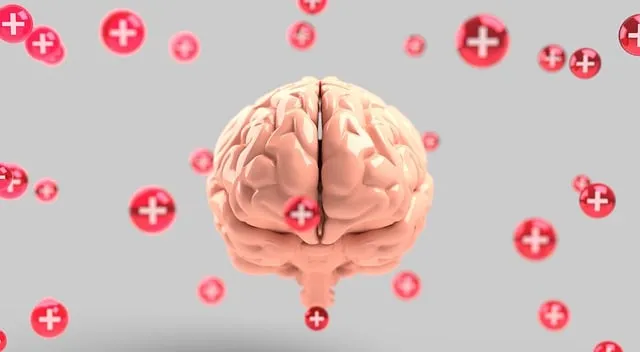Arvada Kaiser Permanente's mental health providers offer crisis intervention skills, encouraging self-care routines and anxiety relief techniques to empower individuals in managing crises and improving overall mental health. They emphasize proactive strategies, including stigma reduction, stress management, open dialogue, mindfulness practices, and cognitive behavioral therapy. Post-crisis care focuses on recovery, emotional healing, and creating safe spaces to cultivate long-term mental well-being through expert guidance.
In response to the critical need for effective crisis intervention, this comprehensive guide offers invaluable insights tailored specifically for Arvada Kaiser Permanente mental health providers. By exploring essential strategies and techniques, this article equips healthcare professionals with the tools to navigate and mitigate crises, fostering recovery and resilience among patients. From understanding the nuances of crisis intervention to post-crisis care, these practical steps ensure that Arvada Kaiser Permanente’s mental health providers are prepared to offer compassionate, effective support.
- Understanding Crisis Intervention: A Brief Overview for Arvada Kaiser Permanente Mental Health Providers
- Key Strategies for Effective Crisis Management: Practical Tips and Techniques
- Post-Crisis Care and Support: Nurturing Recovery and Resilience among Patients
Understanding Crisis Intervention: A Brief Overview for Arvada Kaiser Permanente Mental Health Providers

Crisis intervention is a critical skill set for Arvada Kaiser Permanente mental health providers, offering a structured approach to support individuals during stressful and traumatic situations. It involves immediate and intensive short-term care aimed at preventing further deterioration and promoting stability. When faced with a crisis, these professionals need to assess the situation swiftly, implement evidence-based strategies, and provide a safe space for clients to process their experiences.
For Arvada Kaiser Permanente mental health providers, fostering self-care routines can be a powerful tool. Encouraging clients to prioritize inner strength development and implementing techniques for anxiety relief can empower individuals to navigate crises more effectively. By integrating these practices into their care plans, providers can help clients build resilience, enhancing their ability to manage future challenges and promoting better overall mental health.
Key Strategies for Effective Crisis Management: Practical Tips and Techniques

In crisis situations, timely and effective intervention can make a significant difference in an individual’s life. Arvada Kaiser Permanente mental health providers emphasize practical strategies for managing crises, focusing on proactive measures to foster emotional well-being. One key approach involves Mental Illness Stigma Reduction Efforts, encouraging open dialogue and understanding to create a supportive environment. By breaking down barriers and promoting empathy, individuals are more likely to seek help when needed.
Additionally, Stress Management techniques play a crucial role in crisis intervention. Mental health professionals advocate for mindfulness practices, cognitive behavioral therapy, and other evidence-based methods to equip people with coping mechanisms. These tools enable individuals to navigate challenging situations, enhance their Emotional Well-being Promotion Techniques, and build resilience. Through education and accessible resources, Arvada Kaiser Permanente aims to empower individuals to take control of their mental health and lead fulfilling lives.
Post-Crisis Care and Support: Nurturing Recovery and Resilience among Patients

After an initial crisis intervention, post-crisis care and support play a pivotal role in fostering recovery and resilience among patients. The journey towards healing is often a complex process, requiring continuous guidance from Arvada Kaiser Permanente mental health providers. These professionals are instrumental in helping individuals navigate the aftermath of a crisis, ensuring they receive the necessary tools to rebuild their lives.
One key aspect of post-crisis care involves addressing the underlying mental illness stigma reduction efforts while promoting confidence boosting emotional healing processes. By creating a safe and non-judgmental environment, patients can begin to process their experiences, develop coping strategies, and gradually regain a sense of control. This holistic approach, tailored by expert mental health providers at Arvada Kaiser Permanente, aims to empower individuals to overcome challenges and cultivate resilience for long-term mental well-being.
For Arvada Kaiser Permanente mental health providers, crisis intervention is a critical component of patient care. By understanding the key strategies outlined in this article—from initial assessment and de-escalation techniques to post-crisis support—providers can offer effective guidance and foster resilience among patients facing acute mental health challenges. Through practical application of these techniques, Arvada Kaiser Permanente can ensure that its mental health services not only respond to crises but also contribute to long-term recovery.


